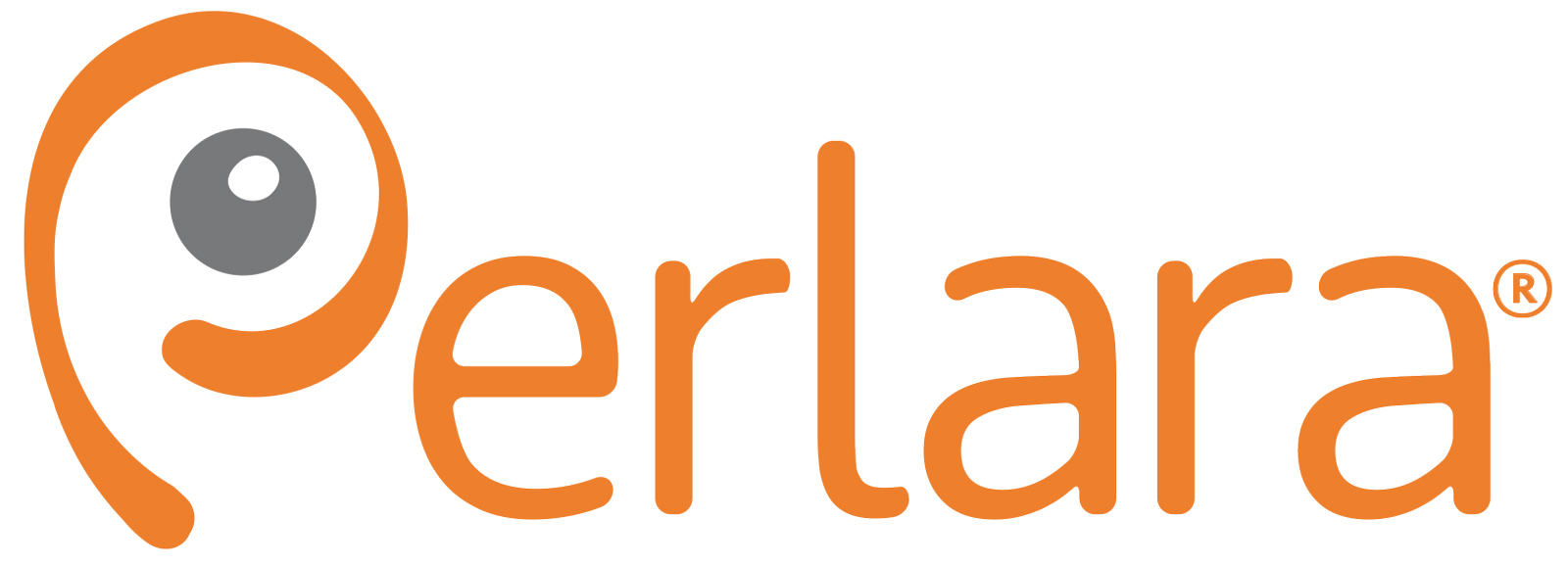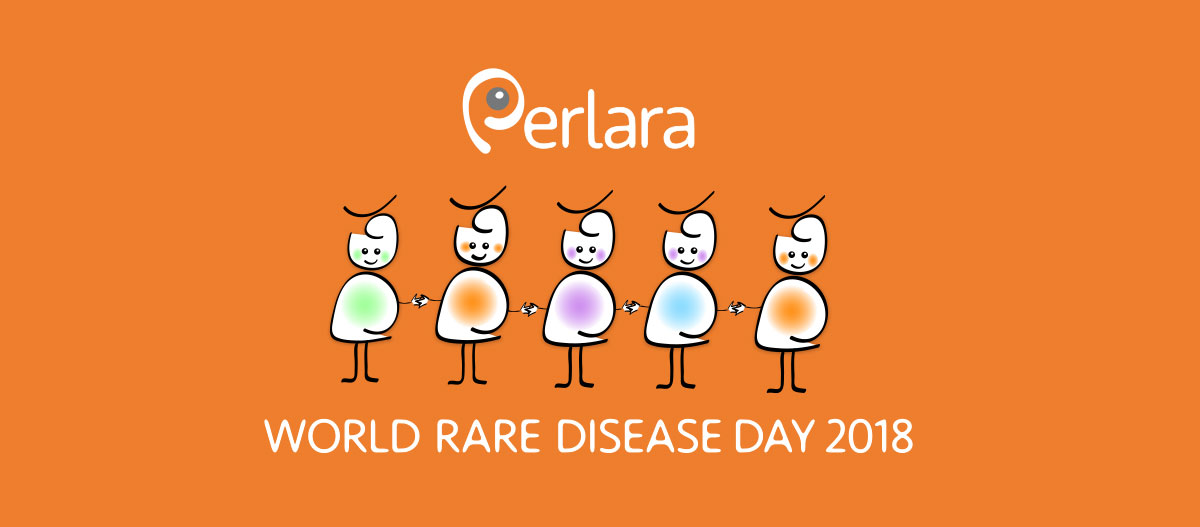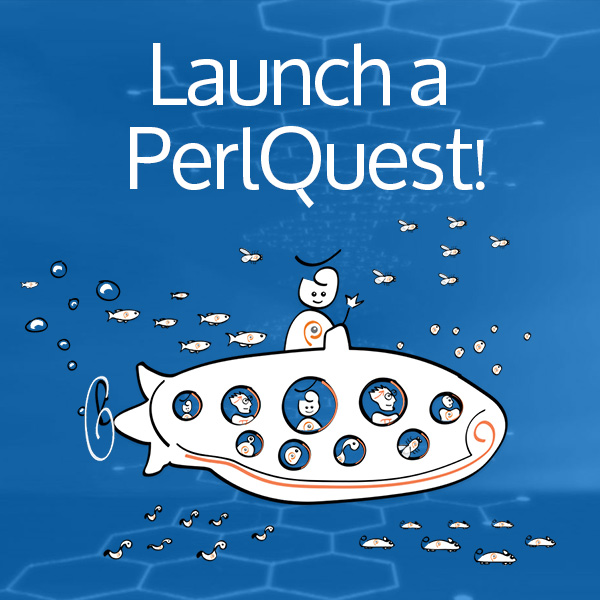On March 1, 2018, Perlara PBC and Global Genes hosted an event in honor of World Rare Disease Day. The first of two fireside chats featured four Bay Area biotech CEOs working on rare diseases, who shared their stories of how they came to ‘care about rare’. This was followed by a second fireside chat, consisting of female biotech CEOs, who candidly discussed working in a male ecosystem. The audience was a diverse mix of industry and academic scientists, patient advocates and others.
Below, the Perlara team members share some of their insights and takeaways from the day:
“The efforts towards diagnosis, drug discovery & clinical studies are being driven by patient advocacy groups, who are relentlessly racing against time knowing, in some cases, that it may not benefit them personally. Patients, or parents of patients, desperate for a cure, turn into researchers themselves, and their knowledge of the disease needs to be acknowledged by the medical/science community.”
— Kausalya Murthy
“I’m relatively new to the rare disease field and came directly from an academic background. What stood out to me was how diverse the group in attendance was, with scientists from a variety of backgrounds, patient advocate groups, and families. It became very clear to me how actively involved the patients and their families and advocates are in the science of their disease. I knew this conceptually before the event, but it made a bigger impact to personally hear from the players involved.”
— Jessica Lao
-
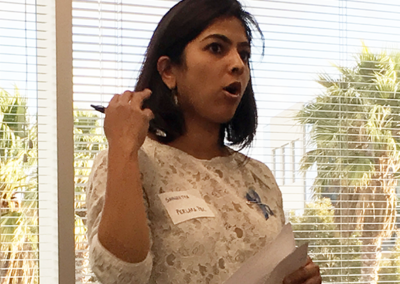
Sangeetha Iyer, Director of Preclinical Development at Perlara
-
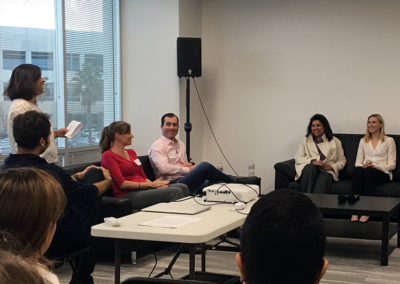
Diane Heiser, Matt Wilsey, Gini Deshpande, and Agnes Rafalko discussing “Bay Area rare disease companies and their stories”
-
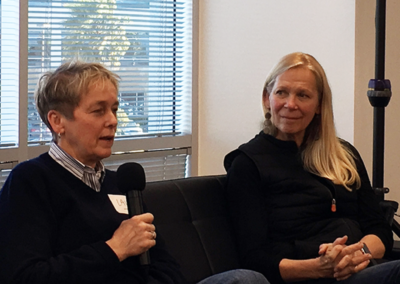
Laura Shawver and Linda Avey, panelist for “Women CEOs in biotech and their stories”
“This was really my first opportunity to interact with a broader group of members of the rare disease community. I was inspired by the passion, drive, and voice of those I met.“
— Josh Mast
“I learned a lot about the different perspectives that coincide in this field…To the scientists, everything revolves around a deadline, but to families [of rare disease patients], deadlines are a lot more precious. I definitely walked away from our rare disease day event with a different mindset when it comes to how I spend my time at work!”
— Madeleine Prangley
-
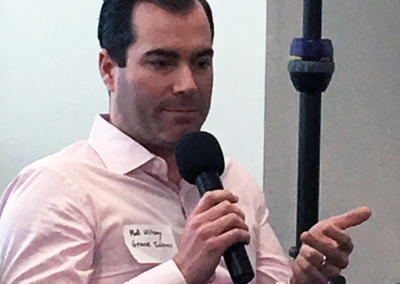
Matt Wilsey, CEO of Grace Science Foundation
-
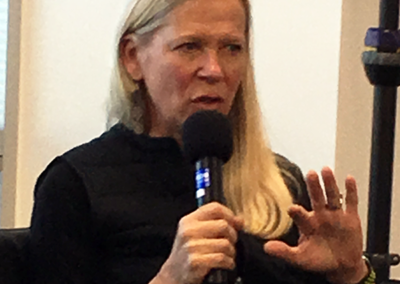
Linda Avey, CEO of Precise.ly
-
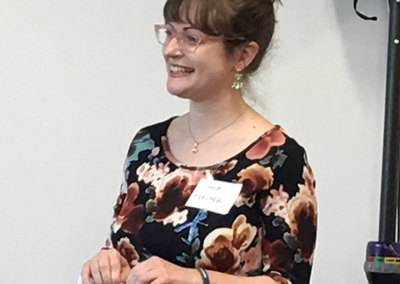
Nina DiPrimio, Director of R&D at Perlara
“Patient families are an extremely informed and motivated group. Companies need to be cognizant about not doing them a disservice by ‘dumbing the science down’ when talking to them. This struck a chord with me, personally, because I think one of the biggest problems that scientists (and those steeped in research) have is an inability to communicate well about their science with non-scientists. We are so focused on the details that we make it unrelatable to the individuals this should mean a lot to, whether it’s taxpayers who fund federal science programs or patient organizations that partner with companies like ours. At Perlara, we try to do this through our blog, where we talk about scientific success as well as failures with the intent that we can paint a realistic picture of the journey of scientific discovery.”
— Sangeetha Iyer
“It was great to know that, increasingly, men on a panel are demanding that there be female representation on the panel, or they would decline to participate. It was also great to learn about more leadership opportunities being given to women, and that women’s representation on Boards is considered important.”
— Feba Sam
-
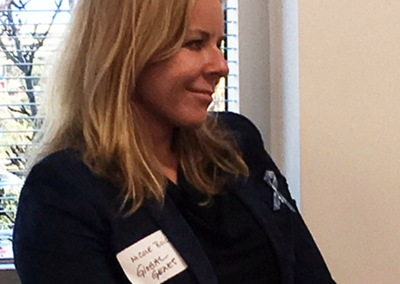
Nicole Boice, Founder & CEO of Global Genes
-
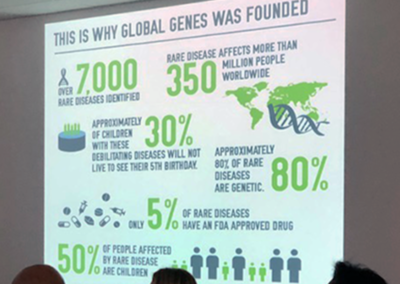
Nicole Boice of Global Genes
-
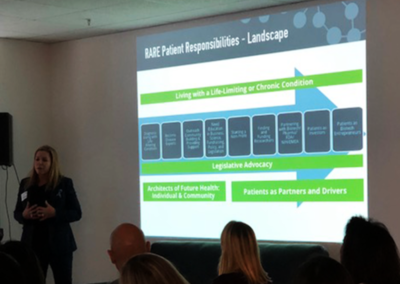
Nicole Boice of Global Genes
“What stood out to me the most was the passion of everyone attending. Everyone was united through their strive to better understand rare diseases and to develop treatments to help those in need.”
— Aras Rezvanian
“I think what stood out the most to me was a comment about how patient families and advocates don’t need the science dumbed down, and that doing so is unnecessarily patronizing. They’ve done enough research on their own, have spoken to enough clinicians and experts in the field, and have lived with, and cared for, someone experiencing the disease to be experts in their own right…It caught me off guard – for lack of a better phrase – and made me realize what we’re working toward.”
— Hillary Tsang
-
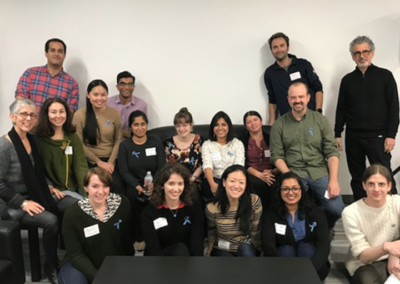
Perlara Team
-
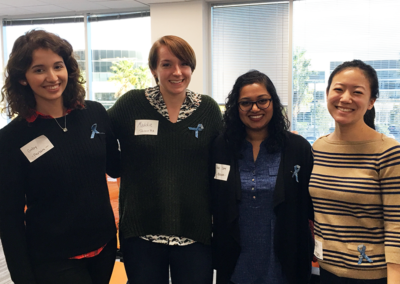
Perlara Team members Gabriela Colmenares, Madeleine Prangley, Feba Sam, Hillary Tsang
-
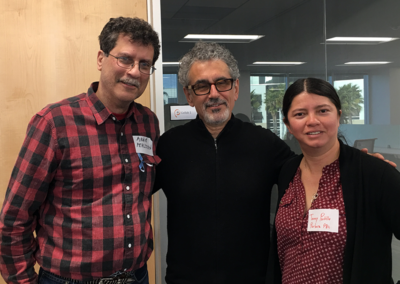
Arnie Perlstein, Richard Sachs, Tamy Portillo Rodriguez
“I particularly enjoyed learning about Global Genes’s effort to connect rare disease community worldwide, and the emphasis on including rare disease patients’ families in the loop while developing therapies for these diseases….It was also great to hear about the experiences of women CEOs on the second panel, as there are so many visible and invisible barriers to career development of women in many fields.”
— Julide Bilen
“I learned that although rare diseases investigations still have a long way to catch up to common diseases, there are a lot of new companies, such as Perlara, and organizations such as Global Genes, that are narrowing this gap, and even making shortcuts to not only catch up to, but to surpass, common disease research.”
— Tamy Portillo Rodriguez
